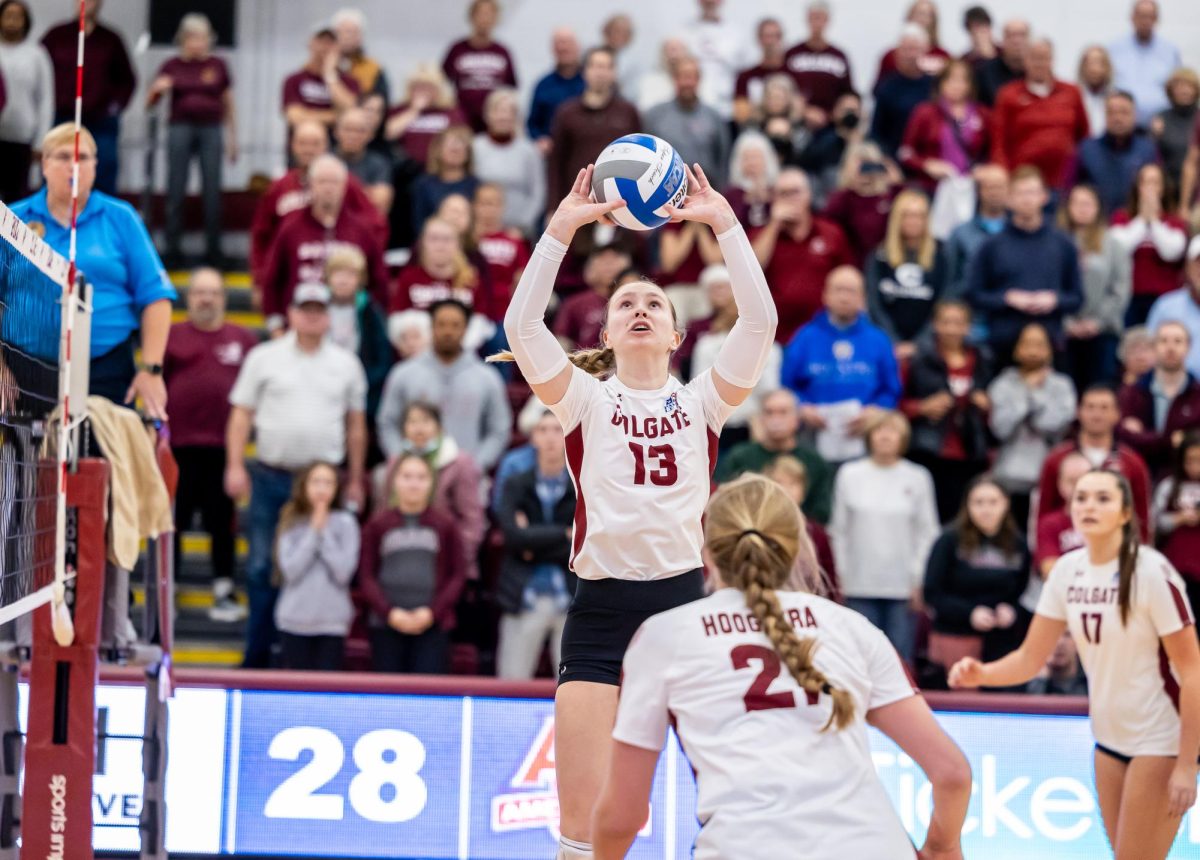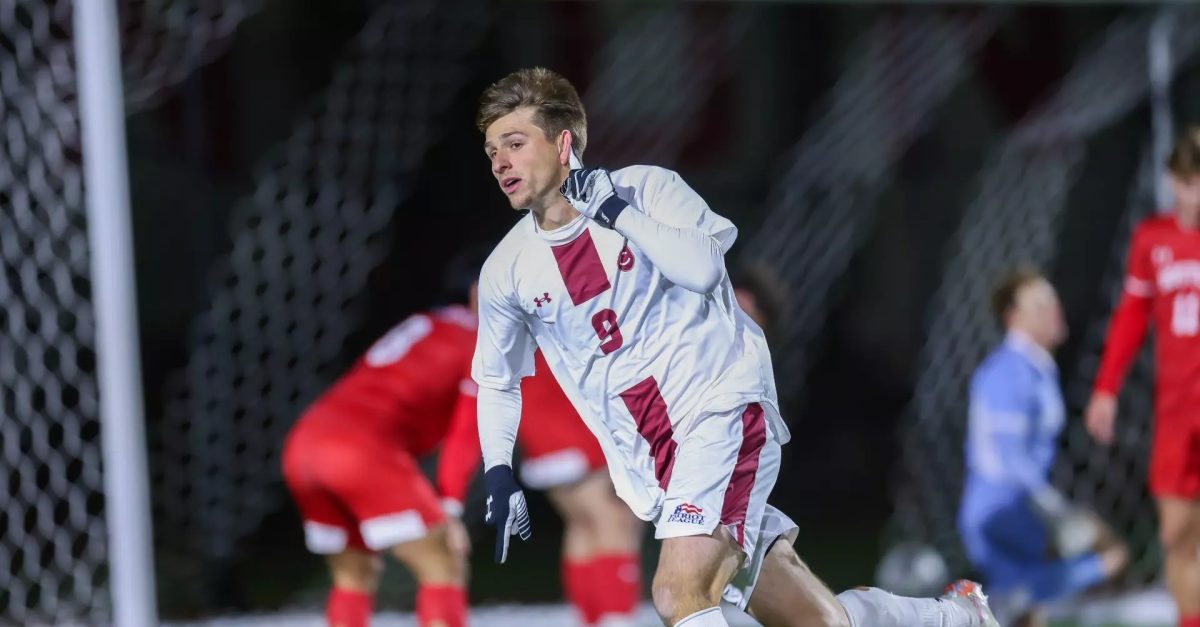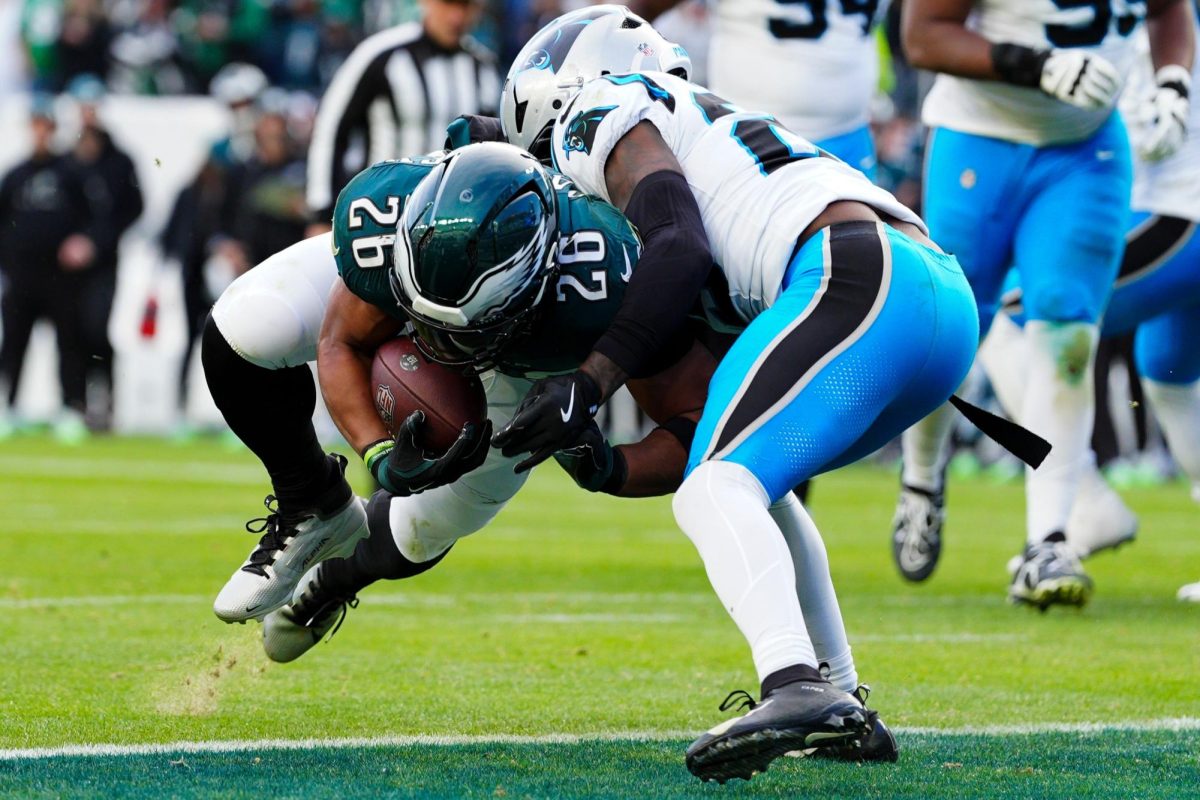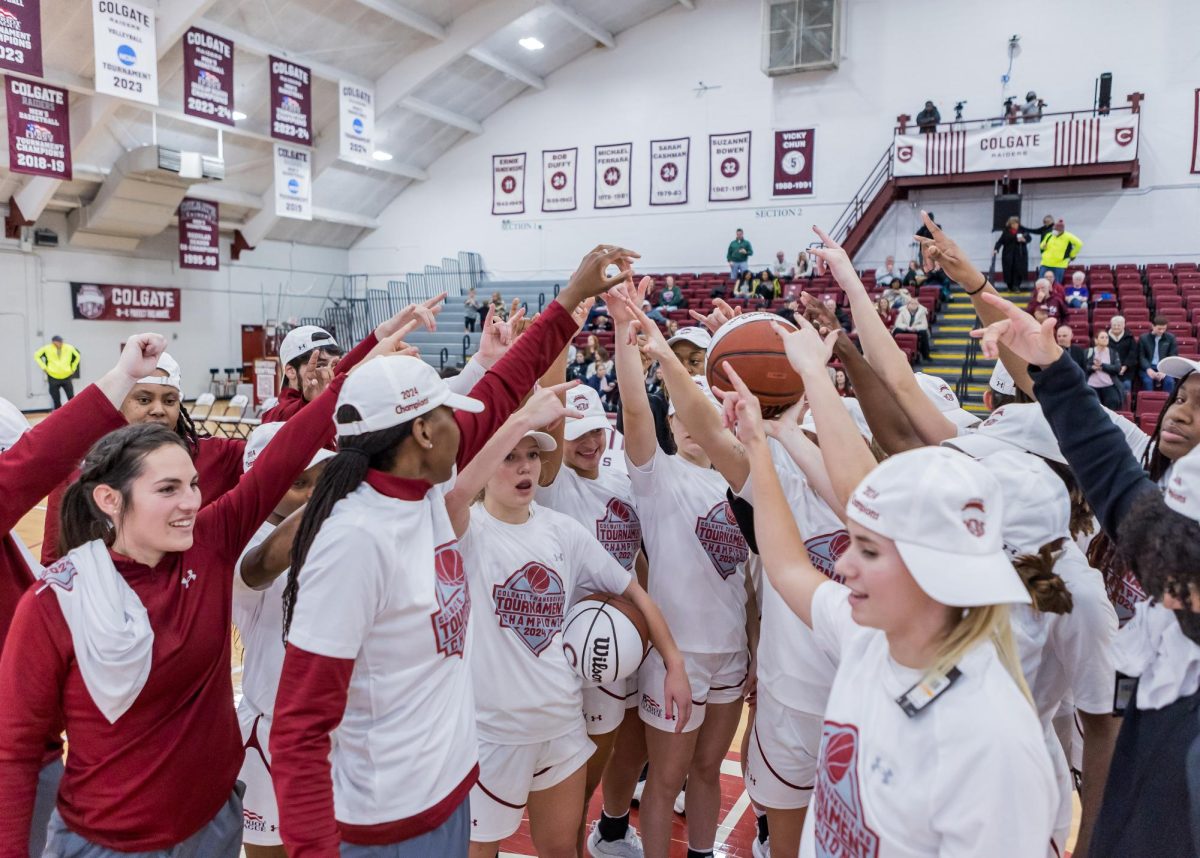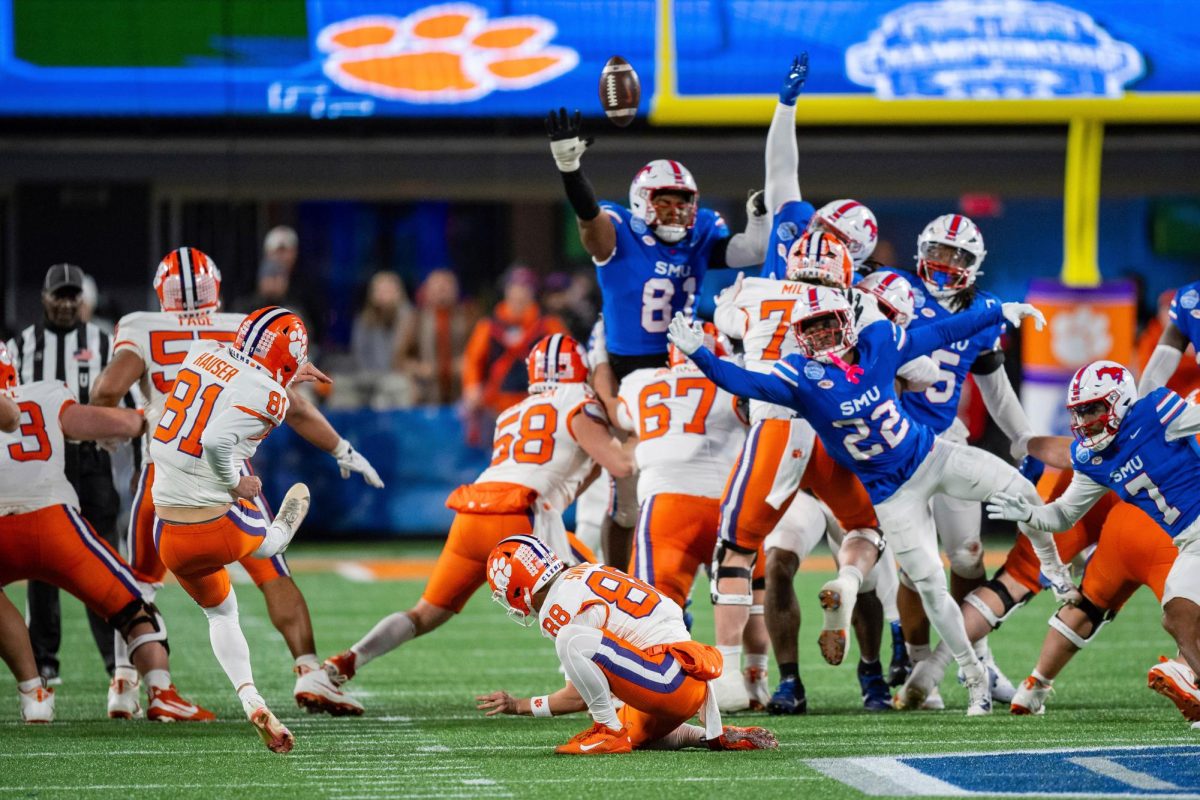The National Collegiate Athletic Association (NCAA) announced new rule changes for collegiate women’s volleyball on Tuesday, Feb. 20. The rules will be implemented in the upcoming 2024 season.
One of the new rules, in particular, is causing a lot of controversy: on the team’s second contact, players can now contact the ball more than once in a single attempt if the ball is played to a teammate.
This violation will most often impact setters, as they typically contact the ball second, attempting to pass the ball so it can then be hit or spiked. Before the rule change, any double contact — even if the player hit the ball with one hand slightly before another — would result in the team losing the point. However, according to the NCAA, “if the ball is played over the net in this type of scenario, it would be ruled a fault and the team would lose the point.”
According to the third-year chair of the committee and Northern Colorado Coach Lyndsey Oates, this decision was not taken lightly, per Volleyball Magazine.
“I would say it was a very good discussion,” Oates said. “I mean, we talked for hours. Hours. We just wanted to make sure we got it right. It’s a fairly significant change and we wanted to make sure we thought of everything.”
There were several other rule changes introduced as well. The other new rules include allowing referees to issue red cards to the home team when spectators get too close to the play area and the home team does nothing to attempt to resolve the issue, snug-fitting nose rings and ear cuffs are now permissible and each team is now allowed to designate two liberos, which are back-row players.
There are countless criticisms surrounding the double-touch rule. According to USA Today, some argue that the elimination of the violation hinders key aspects of the setter position, and for players who have practiced for years, their work to perfect a set in a single contact has gone to waste. Some players even argue that the rule could nullify the position entirely.
Additionally, critics argue that the rule “lowers the bar in a sense of technical aspect when it comes to the sport,” according to The Northern Iowan.
However, some feel the rule is warranted. Oates presented an argument for the expected benefits of the changes, per USA Today.
“It’ll just add a little more athleticism [and] a little less judgment for the officials,” Oates said. “We won’t lose the skill in setting. It’s still important to set a clean ball.”
Similarly, the NCAA claimed that the implementation of the rule will lessen debate and help continue play, making games more entertaining for players and fans, according to NBC Chicago. Emily Ehman, a volleyball analyst for the Big Ten Network and ESPN, summarized this idea and added her own thoughts during NPR’s program “All Things Considered.” To her, it was simple.
“Let the girls play,” Ehman said.
While some fear this will change recruiting, coaches will still be looking for consistency from players — specifically, setters — in the recruiting process, according to Ehman.
“While you may not need the perfected ‘setter hands’ to be a setter, a coach is not going to take away the hard work that their setter has put in and just replace them with someone else with little to no experience,” Ehman said.
Women’s volleyball is currently at its peak viewership, with 92,000 fans at a single game last season, per NPR, thus becoming the largest attendance at any game in women’s sports history. Ehman emphasized this point.
“It feels like we’re absolutely on the cusp of a different era for volleyball and really women’s sports in general. I mean, to pack 92,000 fans in a football stadium to watch a volleyball match is incredible,” Ehman said. “Every single season, we’ve seen viewership records get shattered. We’ve seen attendance records get shattered. And more people want in on it. This sport is exploding.”
Colgate University volleyball player and senior Taylor Cigna spoke on the rule change and how it could affect her season.
“I’m not really sure I’ll have much of a reaction until real competition starts next fall. I think it gives a lot more freedom for more players on the team to take the second ball if the setter can’t get there in any sort of chaos situation, but I also think it takes away from a lot of the hard work that setters have put in during their careers,” Cigna said. “I’d say I’m mostly indifferent, maybe leaning towards the opinion of not changing it.”
Players might be frustrated with the implementation of the new rule, but will have to adjust as they enter the 2024 season.


